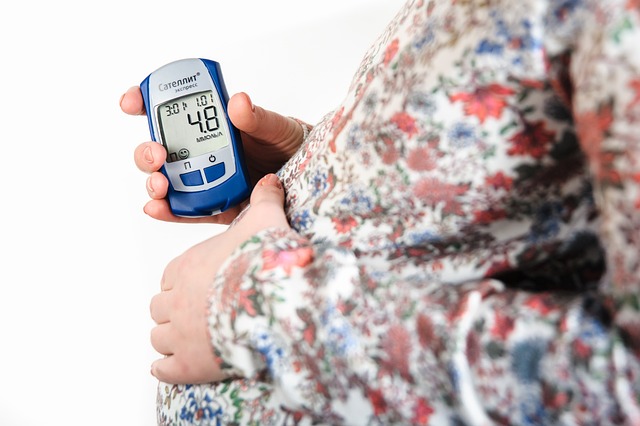Understanding Mumps
Mumps is a contagious viral illness caused by the paramyxovirus, primarily transmitted through respiratory droplets from an infected person’s saliva. While mumps was once a common childhood disease, widespread vaccination with the MMR (measles, mumps, rubella) vaccine has significantly reduced its prevalence. In fact, since the late 1980s, mumps cases have dropped by over 99%. However, outbreaks can still occur, particularly among individuals who have not been vaccinated.
Prevalence of Mumps
Due to the effectiveness of the MMR vaccine, mumps is now quite rare in the U.S. Most adults, like Sarah and John, are likely immune. However, those who are unvaccinated, including travelers returning from areas with outbreaks, can still contract and spread the virus.
Symptoms of Mumps
Typical symptoms of mumps include:
- Swelling of the salivary glands
- Fever
- Headaches
- Muscle aches
- Fatigue
- Loss of appetite
Individuals may experience these symptoms 2 to 3 weeks after exposure to the virus.
Risk Factors for Mumps
While most pregnant women are vaccinated and thus immune, those who are not vaccinated or who have underlying health conditions may be at higher risk. It’s essential to know your vaccination status, especially if you’re planning to conceive.
Risks of Mumps During Pregnancy
Although rare, contracting mumps during pregnancy can pose risks. Infections in pregnant women have been associated with complications, including miscarriage and preterm labor. Therefore, it’s crucial to monitor your health and consult healthcare providers if you suspect exposure to the virus.
Diagnosing Mumps During Pregnancy
If you experience symptoms of mumps, your healthcare provider may order laboratory tests to confirm the diagnosis. It’s important to seek medical advice promptly for appropriate management.
Potential Complications of Mumps in Pregnancy
The complications of mumps during pregnancy can include:
- Ovarian inflammation
- Miscarriage or stillbirth
- Preterm labor
Understanding these risks can help you take necessary precautions during your pregnancy journey.
Treatment Options for Mumps During Pregnancy
Currently, there is no specific antiviral treatment for mumps. Management typically involves supportive care, including rest, hydration, and pain relief. If you are diagnosed with mumps during pregnancy, it’s vital to follow your healthcare provider’s recommendations for monitoring and care.
What to Do if Diagnosed with Mumps During Pregnancy
If you suspect you have mumps, it’s crucial to contact your healthcare provider for guidance. They can help you navigate your condition and ensure the health of both you and your baby.
For those considering starting a family, resources such as MakeAMom offer innovative at-home insemination solutions, including the only reusable option available. If you’re interested in learning more about how at-home insemination works, check out this guide. Additionally, you can join a supportive community in MakeAMom’s free sperm donor matching group. For additional insights into fertility challenges, our blog on how blocked fallopian tubes impact fertility might be beneficial.
For further information on pregnancy health, you can explore resources from Healthline, which provides reliable health information. If you’re looking for more tips on conception using at-home kits, visit this helpful post on how to get pregnant with an at-home kit.
To Summarize:
Mumps is a viral illness that can still affect individuals, particularly those who are unvaccinated. While rare, contracting mumps during pregnancy can lead to complications. Understanding the symptoms, risks, and treatment options is essential for expectant mothers. For those looking into family planning, MakeAMom offers valuable resources for at-home insemination and community support. Always consult your healthcare provider if you have concerns regarding your health during pregnancy.

